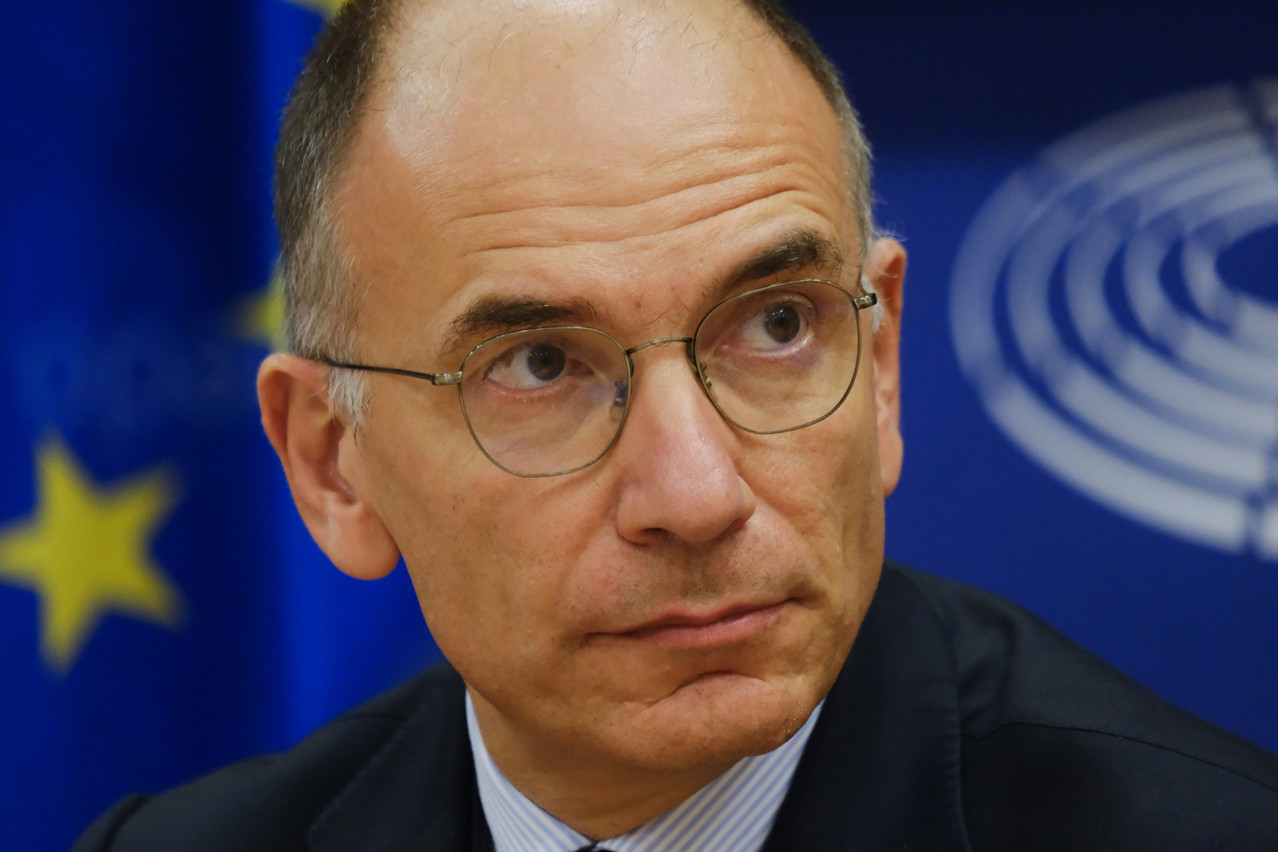
24 Jul Enrico Letta’s Blueprint: Building a Stronger, United, and Innovative Europe | The Letta Report
Why the Enrico Letta Report
In an era where global economic and technological landscapes are rapidly evolving, the European Union faces significant challenges to remain competitive. To address these issues, EU Commission President Ursula von der Leyen commissioned Enrico Letta, a prominent Italian politician and former Prime Minister, to present a comprehensive report. Entitled “Much More Than a Market,” Letta’s report outlines a strategic vision for the EU to enhance its internal market and bolster its competitive edge against global powerhouses like the USA and China.
Who is Enrico Letta and what is the Report
Enrico Letta is an Italian politician and member of the Democratic Party (Partito Democratico). Born on August 20, 1966, he served as Prime Minister of Italy from April 2013 to February 2014. Letta has had a long political career, with various roles in the Italian government and the European Parliament. After his time as Prime Minister, he became Dean of the Paris School of International Affairs (PSIA) at Sciences Po in Paris.
The report emphasizes the need to ensure the free movement of goods, services, capital, and people within the EU. Letta explained that the EU can also finance the transition to a green economy, akin to the USA’s Inflation Reduction Act. To gather proposals for this reform, Letta traveled through Europe and held over a thousand talks.
A major focus of his report is the recommendations on the Capital Markets Union. Letta pointed out that the EU lags behind the USA and China not only in terms of financing but also in innovation. In his 147-page report “Much More Than a Market,” Letta proposes adding a fifth fundamental freedom to the single market: freedom in research, innovation, and education.
What does it say, what does it propose?
1. Finances: Common Capital Market
Europe needs more private investment. Letta aims to advance the Capital Markets Union to integrate the 27 national capital markets. This would deepen the free movement of capital and payments and remove barriers. He proposes a European investment product and an EU-wide fund for private equity to facilitate IPOs for small and medium-sized enterprises (SMEs). A separate stock exchange for “deep tech” is also recommended. Public funds should be increasingly distributed at the EU level to avoid distortions of competition.
2. Energy Market: Integration of the Grids
Letta emphasizes the need for a European energy market. The energy crisis caused by the war in Ukraine shows the need for reform. An internal energy market would better network the national energy markets and reduce differences in energy prices. The aim is a secure, affordable, and sustainable energy system.
3. Telecommunications: Single Market
Letta calls for a single market for telecommunications. Fragmentation into 27 individual markets hinders providers. A secure telecommunications sector is crucial for the EU’s cybersecurity. Laws such as the Digital Market Act and the Digital Service Act are steps in the right direction.
4. Research and Innovation: New Freedom
Letta wants to enshrine a fifth freedom for research and innovation in the EU treaties. Major European projects, the expansion of supercomputers, and the promotion of innovation in “regulatory sandboxes” should be prioritized. The EU Commission should formulate an action plan.
5. Transport: High-Speed Trains
There is a lack of cross-border high-speed rail lines. Letta proposes relaunching the Connecting Europe Facility (CEF) to finance the necessary infrastructure. 500 billion euros will be needed by 2030. These infrastructures are being heavily developed in China in particular.
6. Defense: Joint Procurement
The defense sector should make more joint procurements within the EU instead of buying abroad. This would strengthen national security and is already part of the EU armaments strategy.
For a more in-depth analysis, check out the article by France Digitale: https://francedigitale.org/en/posts/competitiveness-deal
Link to the full report: https://www.consilium.europa.eu/media/ny3j24sm/much-more-than-a-market-report-by-enrico-letta.pdf


